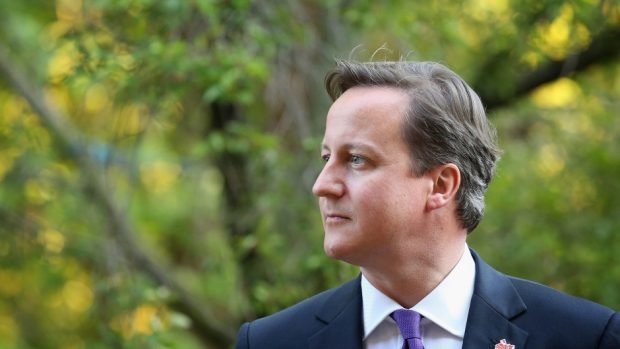David Cameron’s former union tsar has warned Boris Johnson’s blueprint for a post-Brexit Britain could “inadvertently destabilise devolution.”
Andrew Dunlop, Mr Cameron’s Scotland adviser from 2012-2015, raised concern over clauses in the Internal Market Bill, which would give the UK Government the power to spend in devolved areas, such as health, housing and education.
Lord Dunlop, speaking during the Bill’s passage through the upper house, said there needed to be a greater explanation of how these powers will be used as there is a risk that they could “inadvertently destabilise devolution itself”.
“It is important that the allocation of responsibilities between the UK and Scottish Governments is clear and better understood,” he said.
He added: “If the power in the Bill is to be fully effective then it will be important for the UK Government to work in partnership – not conflict – with the devolved administrations and representatives of local communities throughout the devolved nations.
“It would be a retrograde step indeed if ministers sought to substitute local priorities with the priorities of the centre, uninformed by local views.
“In my experience, the maxim ‘the man in Whitehall knows best’ is never a popular one and certainly won’t cut much ice in Scotland.”
‘Choppy waters’ ahead
Lord Dunlop, who made 40 recommendations in an as yet unpublished review of how devolution is working, also made a plea to ministers to work cross-party – given the “choppy waters” the Union may face next year.
He said: “In 2021 the Union may face some very choppy waters. It will be important that as we navigate those choppy waters, the Unionist parties in Parliament are able, on this issue (Internal Market Bill) at least, to present a united front.
“For that reason, I hope the Government will think long and hard before overturning in the Commons, on the back of Conservative votes alone, sensible changes to bring about a better reconciliation within the Bill between the twin aims of UK free trade and respect for devolution.
“Just because you can do something doesn’t mean you should.”

